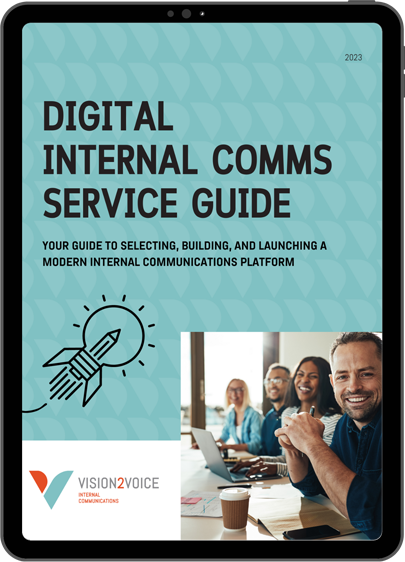
In today’s business world, authenticity is a crucial component of effective communication, particularly in internal communications. Research has shown that employees value genuine and sincere communication from their leaders and that the human touches, such as a personal story or a well-timed joke, can help break down barriers and build trust with the audience. According to Gallagher’s State of the Sector 2022/23 report, ‘authenticity’ is what employees truly want in 2023, as they increasingly seek genuine and transparent experiences that make them feel good about their place of work.
However, not all executives and internal communication professionals have a clear understanding of what authenticity means in a business context and why it is critical to have effective communication with employees. According to Gallagher’s data, our profession is still primarily led by ‘corporate speak,’ which means playing it safe and sounding like a robot. Leadership teams tend to hide behind the organizations they represent, resulting in communications that lack personality, honesty, and emotion.
Yet authentic internal communication is precisely what organizations need to build trust and connection and create more human workplaces. To help ensure successful and authentic communication, we’ve outlined five tactics for internal communications professionals to use when supporting their leaders:
Mind the Gap
In other words, be aware of socio-economic differences. Executive leaders are often significantly wealthier than their employees, and discussing financial or income-related topics can be perceived as tone-deaf. For example, a vice president who bragged about a luxurious detox at a five-star Swiss resort drew criticism for the extravagance of the trip rather than conveying a critical message intended to emphasize the importance of timely vacations.
Stand Your Ground
Internal communications professionals often feel ignored. It takes courage to insist on rehearsing presentations with your leaders, but this is always the right thing to do. A little bravery can go a long way. Remind your executives to rehearse their speeches, especially if they plan to share any personal examples, to ensure that their message is consistent with company values and helps inspire the organization rather than demotivate it. For instance, after a pulse survey revealed concerns about salary differences between two markets, an HR director’s comparison of one group of employees to “cheaper apples” was widely criticized and could have been easily prevented if only that HR director had taken internal communications specialist through the talking points she drafted for the Town Hall.
Be Relevant
Advise your executives to relate to everyday experiences. To build rapport with employees, it is vital to connect with their daily challenges and pain points. For example, making a lighthearted comment about the slow elevators or always-full parking lot can help engage the audience. Discussing news and trends, such as sports or holidays, can also be effective, but it’s best to avoid polarizing topics like politics and religion.
Follow the Message Track
Coach your executives to follow the message track, even if it means they sound like a broken record. And that message track should be free of corporate speak and corporate spin with plain, straightforward language. When striving for authenticity, it’s essential to avoid oversharing or disclosing confidential information. Ensure your leaders remember to stick to the message track and be ready to repeat it, if necessary, rather than adding too many extraneous details.
Practice Makes Perfect
Authentic communication is a skill that can be developed with time and practice. Even the most reserved and introverted leaders can improve their ability to connect with their employees and communicate in an authentic, emotional, and personal way. Be there for your executives – help them exercise their authenticity and vulnerability by being genuine and bringing your whole self into your relationship.
By following these simple five tips, your executives will find the right balance between being authentic and avoiding missteps or OOPS! moments. If you’re looking for more in-depth information or seek help in shaping executive communications strategy, reach out to the Vision2Voice team.
If you think dealing with issues like worthiness and authenticity and vulnerability are not worthwhile because there are more pressing issues, like the bottom line or attendance or standardized test scores, you are sadly, sadly mistaken. It underpins everything. ~ Brené Brown






